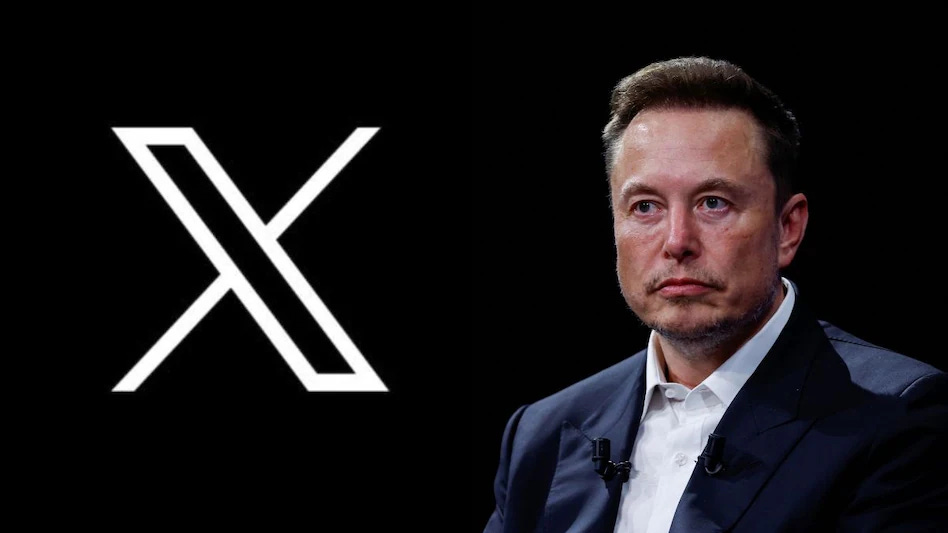X's Ad Business Faces Its Toughest Challenge Yet
In a major blow to X, formerly Twitter, a number of marquee advertisers have announced that they are suspending ad spending on the platform. This comes in response to owner Elon Musk's endorsement of an antisemitic post, as well as to a report by Media Matters For America that found ads from Apple, IBM, Amazon, Oracle and others were being displayed on the platform next to far-right posts.
This is the closest X has come to a large-scale boycott since Musk purchased the platform more than a year ago. The moves come as advertisers have grown increasingly skeptical of X as a safe place for corporate advertising.
Apple and IBM, two of X's biggest tech advertisers, both said they would pause advertising on X. Lionsgate, Disney, Comcast/NBCU, Paramount, Warner Bros. Discovery and other firms also paused their marketing.
Musk has since threatened a "thermonuclear lawsuit" against the Media Matters advocacy group. However, Media Matters' CEO and other critics point out that the same post threatening legal action also appears to confirm the facts in their report.
Some advertisers, meanwhile, are encouraging CEO Linda Yaccarino to step down rather than continue to work with Musk.
Musk's recent comments and actions have served as the last straw for some marketers who have grown increasingly skeptical of X as a safe place for corporate advertising.
X's creator program, which shares ad revenue with users whose followings cross a certain threshold, has also been a point of concern for advertisers. They have grown wary of ways their ad dollars may be funding creators who post questionable content.
In the past, Musk has blamed research from groups like the Anti-Defamation League (ADL) and the Center for Countering Digital Hate for forcing the hand of advertisers. That's a harder argument to make in this case, as brands pulled, in part, in response to Musk's own comments and without a fresh call for an ad boycott.
X has been losing advertisers month over month ever since Musk bought the company last October. The steepest drop occurred over the summer, shortly after Yaccarino, a former NBCU executive, was named CEO. Musk himself admitted in September that the company's U.S. ad business was down 60%, blaming the ADL.
The advertiser crisis is far more existential for X than it would be for other social media platforms that are less dependent on ads from big brands.
In recent months, Musk has tried to diversify X's business away from advertising, in part by offering paid subscriptions. But it's unclear how successful that effort has been. Musk has not released data about X's subscription program.
The app is still not profitable, despite Musk's claims in March that it might be cash-flow positive in Q2.
It remains to be seen whether this boycott will have a lasting impact on X. However, it is clear that advertisers are growing increasingly concerned about the platform's direction under Musk's leadership.



